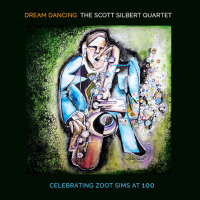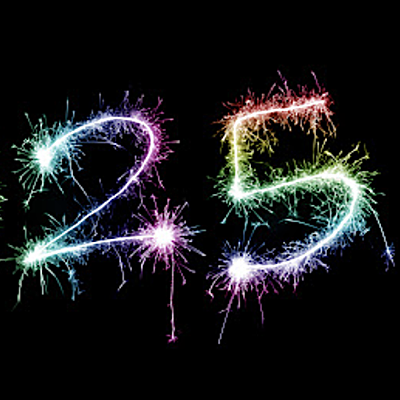Home » Jazz Articles » Bennie Maupin
Jazz Articles about Bennie Maupin
The Bennie Maupin Ensemble: Penumbra

by Chris May
Always the bridesmaid, rarely the bride, Bennie Maupin has spent most of his career supporting other artists--sometimes as a featured soloist, but more often as a background colourist. Since the mid-1990s he has stood in the shadows more than ever, concentrating on teaching and leading community outreach projects. Penumbra is his first album in eight years.
Maupin first came to attention in the late 1960s playing tenor saxophone in Lee Morgan's band. He then became best known as a bass ...
Continue ReadingMcCoy Tyner: Tender Moments

by Donald Elfman
Now 66 years old, McCoy Tyner has made countless albums and become an elder statesman of jazz. He is certainly best known as the pianist in the transformational John Coltrane Quartet of the '60s, but it was with Blue Note recordings like this one from 1967, recently reissued in remastered form, that he revealed his personality as a composer, arranger, and soloist.Tender Moments was one of Tyner's first major explorations of the world of colors and textures available ...
Continue ReadingMcCoy Tyner: Tender Moments

by Norman Weinstein
This is the first, and arguably, the finest big band album the distinguished pianist ever recorded. Six horns are utilized, with the neglected James Spaulding alternating on flute and alto sax along with tenor saxophonist Bennie Maupin, trombonist Julian Priester, trumpeter Lee Morgan, and the exotic horns, with Bob Northern on French horn and Howard Johnson on tuba. There are six Tyner originals gracing the frustratingly brief album (38 minutes). But repeated listening reveals something very subtle and seductive about ...
Continue ReadingLee Morgan: Taru

by Jim Santella
Just look at that rhythm section. One of the best in the business. The personnel on Lee Morgan’s 1980 album make this one valuable right from its opening bars. George Benson only appears on three tracks, but Morgan’s regular sidekick Bennie Maupin was in his prime. As was Morgan and the rhythm section. John Hicks, Reggie Workman and Billy Higgins each offer a unique sound while fitting Lee Morgan’s upbeat mold. Recorded February 15, 1968 but released in 1980, the ...
Continue Reading
















